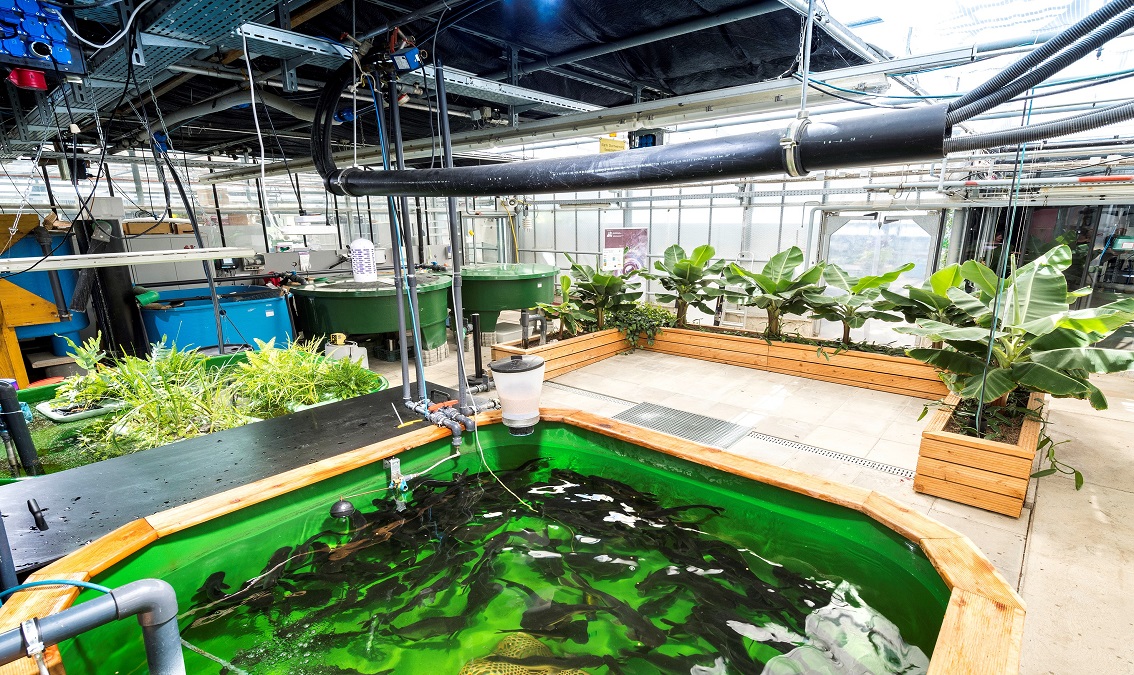About This Course
Aquaponic technology continues to attract a lot of attention around the globe, especially in the context of urban farming. But how exactly do an aquaponics system work and more important what knowledge do I need to successfully run an aquaponics system? In this course, you will obtain answers to these questions. The curriculum will give you an understanding of central topics in the field of aquaponics. Aquaponics is a circulation technology based on a broad knowledge base: from water chemistry, fish and plant physiology, to engineering and microbiology. It can thus serve as a learning model for inter-and transdisciplinary thinking and acting.
This course is for:
Everyone interested in Aquaponics with a basic understanding of natural sciences (Biology, Chemistry, Physics) on an undergraduate degree level
Professionals in the sector of Aquaculture and Hydroponics
Aquaponic practitioners who want to gain additional knowledge on specific topics.
What you will learn
Understand the basic technological principles behind aquaponics, be able to assess the advantages and disadvantages of aquaponic systems, and have an insight into current research and potential applications in terms of urban agriculture and vertical farming.
Be familiar with fish anatomy and physiology, fish feed and growth along with fish health and welfare.
Understand the principles of fish cultivation in recirculating aquaculture systems (RAS), the required technical components, the calculation of dimensions in terms of engineering, and the important role of water treatment and monitoring.
Understand basic plant anatomy, physiology, and growing requirements. Know the basic principles of hydroponics and its different cultivation systems. Be able to calculate the nutrient supply in hydroponic systems and determine nutrient supplementation in aquaponics if required.
Be familiar with the plant varieties suitable for aquaponic systems, learn how to monitor plants, and understand the key factors of integrated pest management.
Know how to assemble the basic components of an aquaponic system and understand the importance of water flow from one component to another. Be able to plan and design an aquaponic system and calculate its dimensions yourself.
Course Staff
Luca Regazzoni
Researcher at the Institute of Natural Resource Sciences at ZHAW School of Life Sciences and Facility Management
Luca Regazzoni is a researcher in the Aquaculture Systems Research Group.
He is specialized in process engineering in the aquaculture field, with a focus on denitrification, anaerobic digestion, and phosphorus precipitation. His expertise extends to data analysis and laboratory analytics for water, sludge, and fish samples.
Nathalie Pfister
Research Assistant at the Institute of Natural Resource Sciences at ZHAW School of Life Sciences and Facility Management
Nathalie Pfister is a research assistant in the Aquaculture Systems Research Group.
Her specialization is in organic farming and fish pond culture in the context of international development. Furthermore, she supports the research group with visual communication and design of teaching materials.



